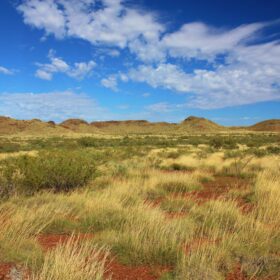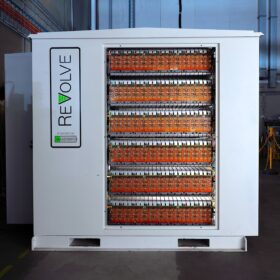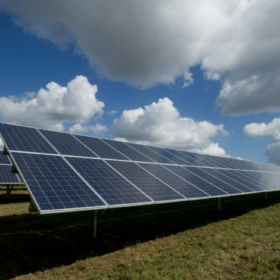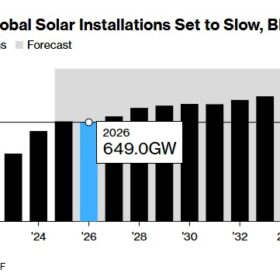Building on Monash University’s successful Digital Energy Futures project, this three-year initiative provides a plausible, people-centred understanding of future Australian energy consumption.
Combining case studies of household-level insights on energy use with household monitoring and advanced modelling, the project will generate unparalleled insights into the impact of emerging technologies and changing lifestyles on energy consumption patterns.
Through optimised investment decisions, Scenarios for Future Living can facilitate significant cost savings and accelerate Australia’s energy transition in ways which align with the expectations and practices of Australian energy consumers.
To understand how Australians use energy today and are likely to use energy in the future, researchers will begin by visiting the homes of volunteer households and home businesses.
This will involve observing their daily routines and energy consumption habits to identify emerging trends and co-design new energy tools and practices. By observing households over time, the project will gain valuable insights into how energy consumption might evolve in the future amongst a diverse set of households.
In parallel, a separate group of “living lab” households will have their homes fitted with advanced monitoring equipment. This equipment will track energy use, indoor temperature, and air quality, providing detailed data on how these factors interact with household decision-making. The experiences of both the volunteer households and the “living lab” households will be compared and analysed to gain a comprehensive understanding of energy use patterns, emerging trends, and household priorities.
Insights gained through this rich data collection will then be used to survey households and home businesses across Australia, to help understand how similar the experiences are between the research households and the broader community.
The findings from the survey will then be used to develop the Scenarios for Future Living – examples of how typical households and small businesses might consume energy as technologies change, and considering our changing world, like with the impacts of climate change.
Scenarios are used in the energy sector to help industry plan and prepare for uncertainties. Unlike many scenarios in the sector, the Scenarios for Future Living start by understanding the way people will choose to live their lives and interact with technologies – not solely on the policies or technologies available to them. The Scenarios for Future Living will be compared with industry-based scenarios to better understand implications for modelling changes in power demand and the cost to supply energy services.
Scenarios for Future Living has the potential to create significant positive change within the Australian energy sector, evidenced by the support of industry heavyweights like Ausgrid, CitiPower, Powercor, United Energy, Red Energy and the NSW and Victorian State Governments.
The research includes bringing these organisations together under an Australian Energy Transition Forum to test the findings of the research against industry expectations and experiences.
This innovative, multi-disciplinary and multi-staged approach will lead to more accurate forecasting, empower better decision-making across the energy sector, and drive the development of products and services tailored to the diverse needs of Australian households and businesses.
The contribution of households and home-businesses to this research will be celebrated through a documentary film and a public exhibition showcasing the project’s findings, with householders also benefitting through access to online tools and fact sheets to understand their energy future.
ACE for 2030 Cooperative Research Centre (RACE for 2030 CRC) Chief Executive Officer Dr Bill Lilley said the project will support the development of products and services that respond to people’s changing expectations and help realise a net-zero future.
“As well as having households and home businesses provide personal insights at the core of the research, a range of industry partners and advisors on this project provide us with perspectives from every part of the energy ecosystem. This project truly demonstrates RACE for 2030’s capabilities of bringing industry and research together to anticipate challenges, and overcome them in order to decarbonise Australia,” Lilley said.
“We will provide the energy industry with the tools to navigate the uncertainties of the energy transition by placing people at the centre of its forecasting models,” said Kari Dahlgren, Chief Investigator for the project at Monash University.”





By submitting this form you agree to pv magazine using your data for the purposes of publishing your comment.
Your personal data will only be disclosed or otherwise transmitted to third parties for the purposes of spam filtering or if this is necessary for technical maintenance of the website. Any other transfer to third parties will not take place unless this is justified on the basis of applicable data protection regulations or if pv magazine is legally obliged to do so.
You may revoke this consent at any time with effect for the future, in which case your personal data will be deleted immediately. Otherwise, your data will be deleted if pv magazine has processed your request or the purpose of data storage is fulfilled.
Further information on data privacy can be found in our Data Protection Policy.